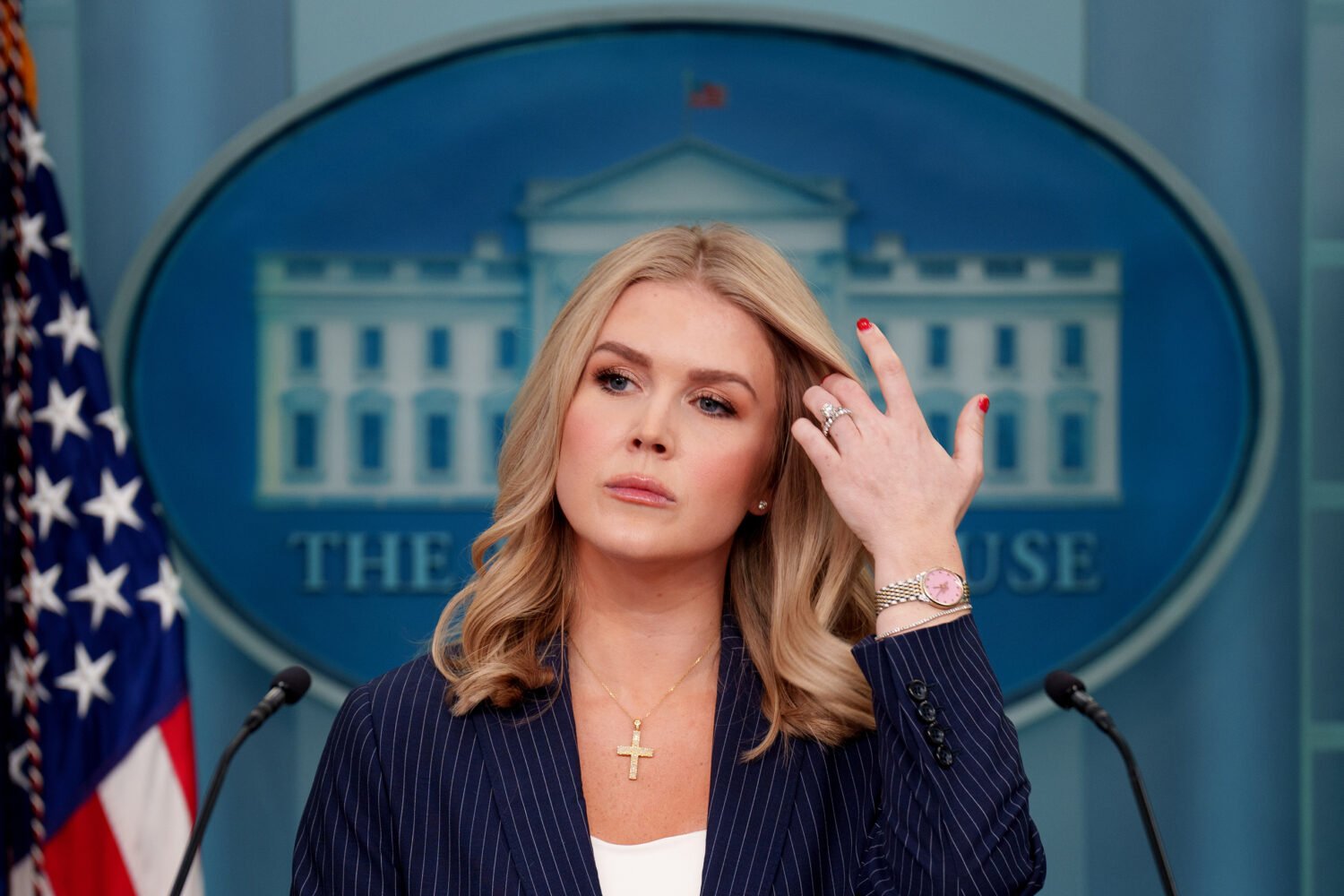For holdovers of the Obama administration serving in Trump’s Washington, it’s been a strange two years. Even as they work for a government demolishing many of their prior achievements, nearly all have gone about their jobs quietly. Not so Jessica Rosenworcel.
The FCC’s sole Democratic (and only female) commissioner, Rosenworcel is rethinking a job that customarily involves scrutinizing white papers on, say, arcane aspects of radio-spectrum policy. But recently, in addition to her regular duties, she has launched an informal campaign to promote gender inclusivity, economic parity, and other causes related to women and girls—issues that some critics say bear little connection to telecoms regulations. In the process, Rosenworcel has earned an unusual degree of attention, at least for a minority-party official toiling in one of DC’s wonkiest posts.
Recently, Rosenworcel—a longtime communications and technology attorney who grew up in West Hartford, Connecticut—has championed policies meant to attract school-age girls to computer science, written a gender-themed op-ed with Senator Kirsten Gillibrand, and authored think pieces for women-focused sites such as ShondaLand and Bustle. This year, she launched a podcast that features conversations with accomplished women and even turned up at a Teen Vogue summit. “When I have the opportunity to speak out and draw attention to the importance of including women, I’ll do it—whatever platform you give me,” she says.
That strategy has turned what should be a sleepy gig into something more buzz-worthy—and, inevitably, more political. “It is unusual,” says former FCC chairman Richard Wiley of Rosenworcel’s high-profile side pursuits. “There haven’t been that many women who have served on the FCC, and I think she’s bringing a very interesting aspect.” Other Republicans express predictable skepticism. “She’s glomming onto this women-and-girls campaign,” says one conservative who specializes in telecoms at a prominent think tank, “but it’s not the purview of the FCC.”
Yet at least some conservatives—who are about to taste life in the minority in one chamber of Congress—described grudging respect for the strategy. “She’s taken advantage of this opportunity in a very innovative way,” says one senior conservative telecoms operative. “She’s the only minority member. So why not build your brand?” He added, “It’s a very Moneyball approach.”
Not that Rosenworcel has neglected her commissioner duties: She spends ample time scrutinizing telecoms minutiae and has earned at least as much publicity for her vocal dissent on the commission’s net-neutrality rollback. But it’s her willingness to champion broader women’s causes that attracted her fast-growing fan base—and even led to speculation that she could run for elected office (“It’s not where I’m headed,” she says).
Rosenworcel—who was poised to become FCC chair if Hillary Clinton had won—may have the Trump administration to thank for kick-starting a new phase of her career. Compared with her Obama days, she says, “I’m louder, I’m noisier, and I’m more willing to make a ruckus.”
This article appears in the December 2018 issue of Washingtonian.















